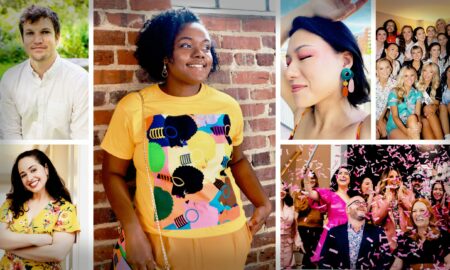

We recently had the chance to connect with Dr. Shayla Hilton and have shared our conversation below.
Good morning Shayla, it’s such a great way to kick off the day – I think our readers will love hearing your stories, experiences and about how you think about life and work. Let’s jump right in? What is a normal day like for you right now?
A normal day for me starts in the schools—usually elementary or middle school classrooms—where I support our staff and volunteers as they introduce young people to financial literacy and work readiness skills. In the afternoons, I’m often in high school classrooms, facilitating personal finance sessions or preparing volunteers for upcoming lessons. By late afternoon, my focus shifts to the behind-the-scenes work: catching up on emails, scheduling school visits, and connecting with community leaders and corporate partners. It’s a full day, but I love the balance of being present with students while also building the relationships and systems that make this work possible.
Can you briefly introduce yourself and share what makes you or your brand unique?
My name is Dr. Shayla Hilton, and I have the privilege of serving as the Director of Education and Impact for a nonprofit organization. In this role, I get to combine two of my passions: education and community engagement. Every day, I work alongside dedicated staff and volunteers to equip young people—from elementary through high school—with essential skills in financial literacy, work readiness, and entrepreneurship.
What makes this work so special is the opportunity to see students’ eyes light up when they realize they can take control of their future. Whether it’s an elementary student learning how money works for the first time, or a high schooler learning how to create a budget, I get to witness growth and confidence taking root in real time.
Beyond my role, I see my work as part of a larger calling to empower others, strengthen communities, and create spaces where every student feels prepared and supported to succeed. Right now, I’m especially excited about expanding our partnerships with schools and businesses, because it means more young people will have access to the tools and mentors they need to thrive.
Appreciate your sharing that. Let’s talk about your life, growing up and some of topics and learnings around that. Who taught you the most about work?
The person who taught me the most about work is my mom. I grew up watching her dedicate over 30 years to the same job, showing up with consistency, faithfulness, and excellence every single day. From her, I learned the importance of doing your best, being dependable, and taking pride in your work. Her example showed me that true success isn’t just about achievements—it’s about character, commitment, and the impact you have on those around you.
What’s something you changed your mind about after failing hard?
One thing I’ve changed my mind about after failing hard is the idea that failure defines you. I’ve learned that there is actually a lot of growth in the process itself. Not reaching a goal or succeeding in the way you originally expected doesn’t mean you are a failure—it just means you may need to pivot, adjust, and start working toward a new path. Some of my greatest lessons have come from those moments of redirection, and they’ve made me more resilient and open to new opportunities.
So a lot of these questions go deep, but if you are open to it, we’ve got a few more questions that we’d love to get your take on. What would your closest friends say really matters to you?
My closest friends would probably say that what really matters to me is living out my faith in an authentic way. For me, that looks like loving people, helping people, and walking with them through the ups and downs of life—not for applause or recognition, but simply because it’s who I am and what I believe we’re called to do.
Before we go, we’d love to hear your thoughts on some longer-run, legacy type questions. What are you doing today that won’t pay off for 7–10 years?
Professionally: I’m pouring into the lives of young people. Many of them may not realize the seeds being planted until years later—when they step into adulthood and start making financial decisions. My hope is that the lessons we share now will equip them with the tools they need for true economic mobility, even if they don’t fully grasp the concepts today.
Personally: I’m intentionally applying the same strategies we teach to students in my own life. I recently started investing in the stock market because I want to model the lessons we’re sharing. It’s something that takes time, discipline, and patience—an area where I may not see tangible returns for 7–10 years, but I know the growth will come with consistency.
Contact Info:
- Linkedin: https://www.linkedin.com/in/shayla-hilton-ed-d-20b6132b0/
- Facebook: https://www.facebook.com/share/17UWMvhn3w/?mibextid=wwXIfr
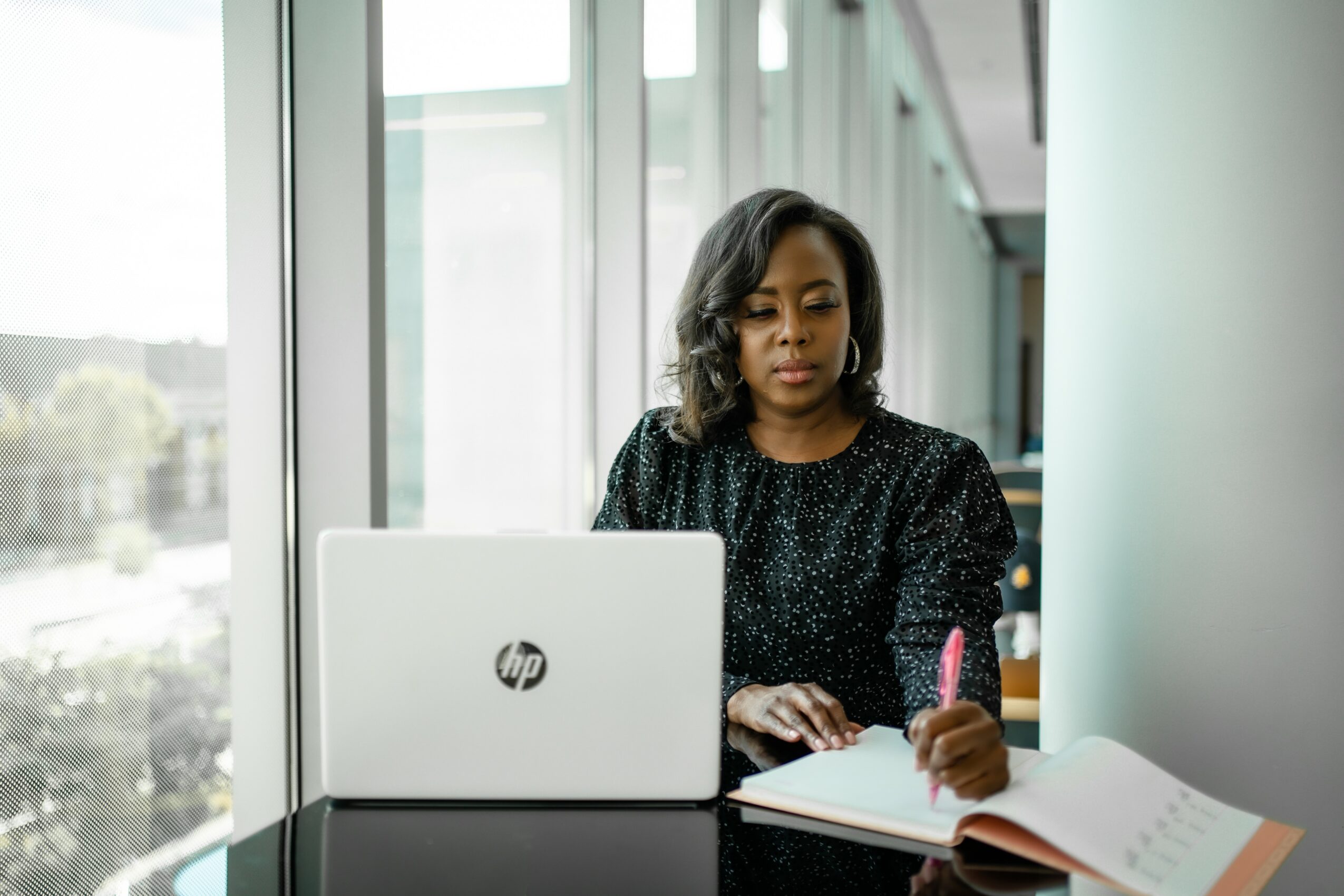
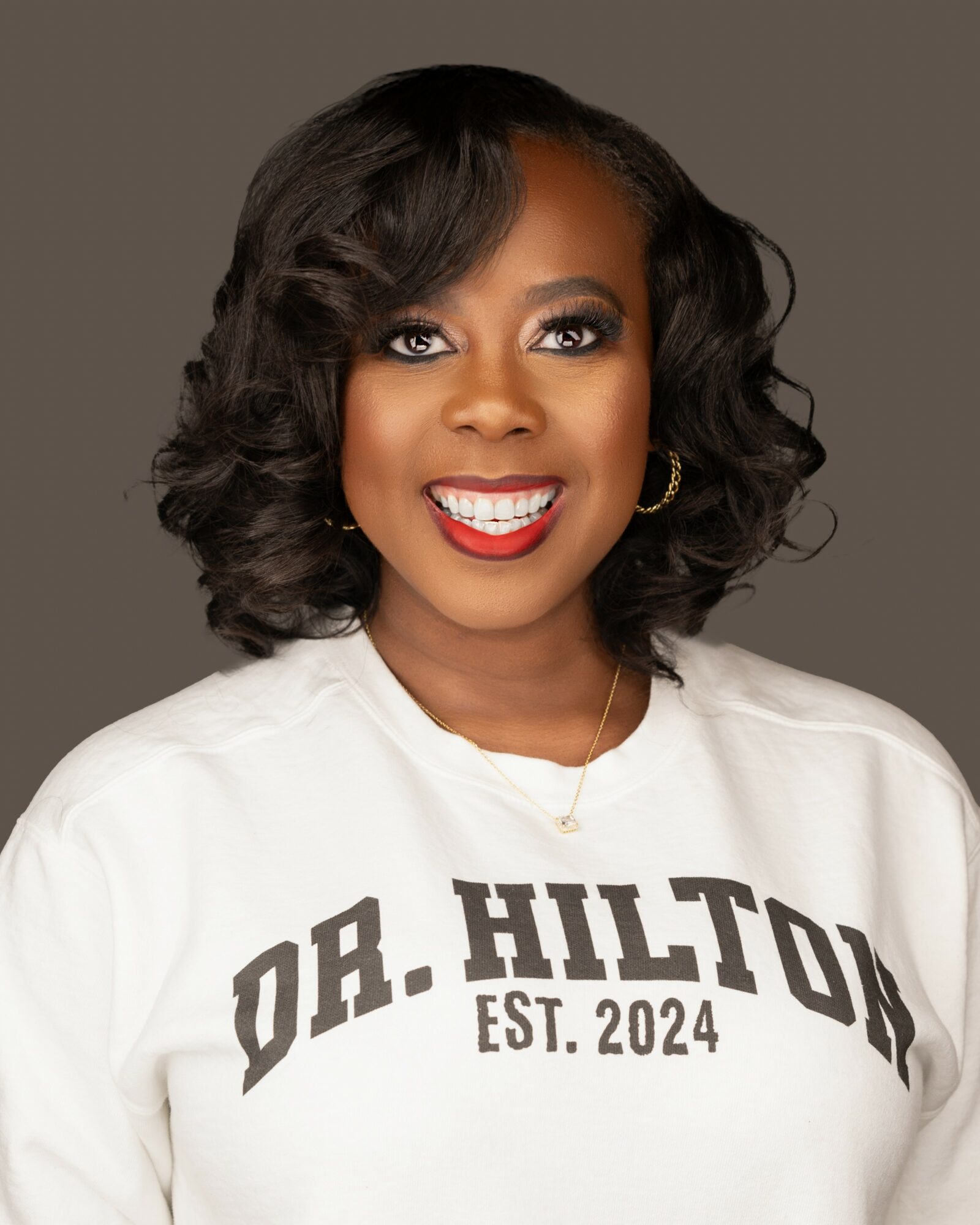
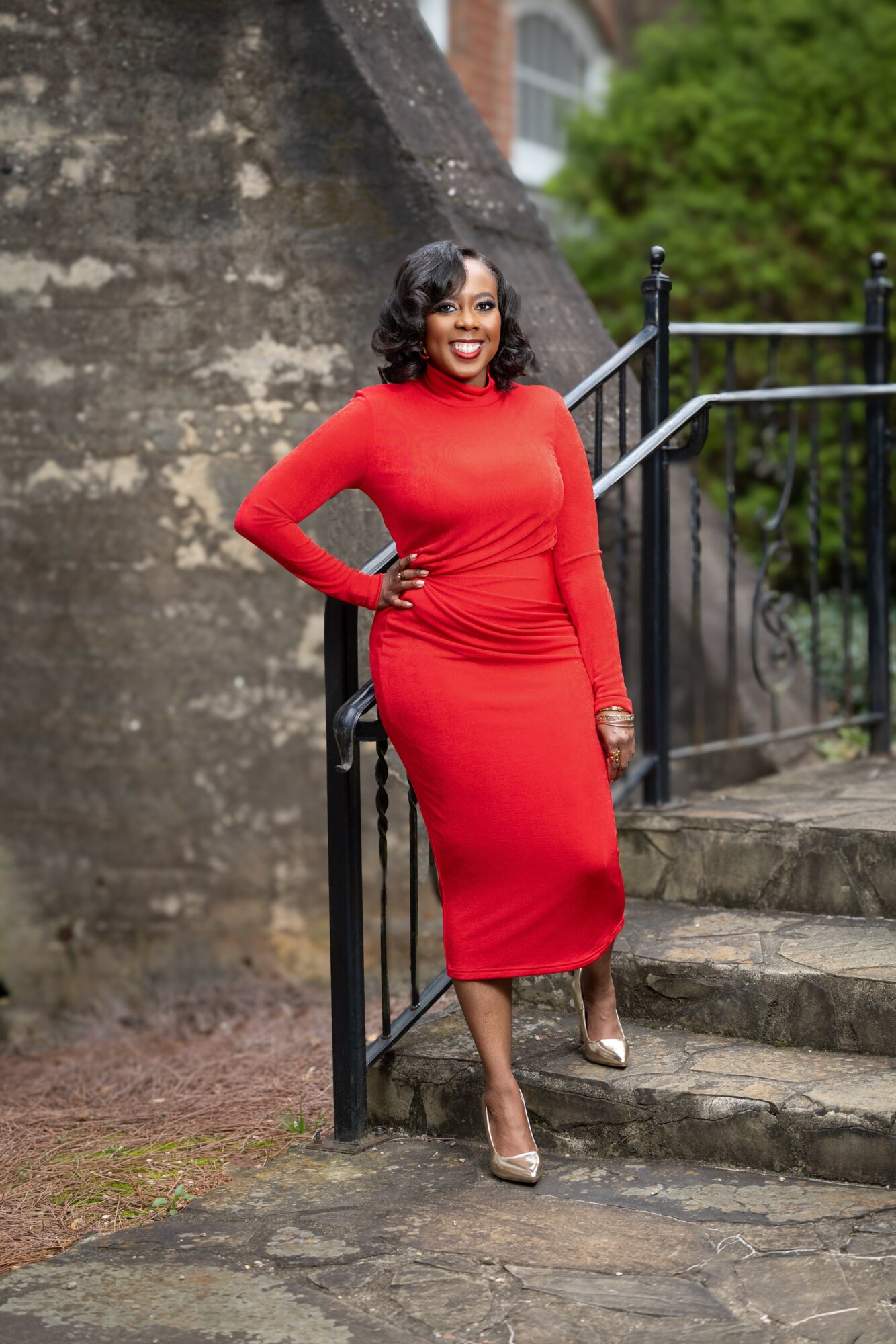
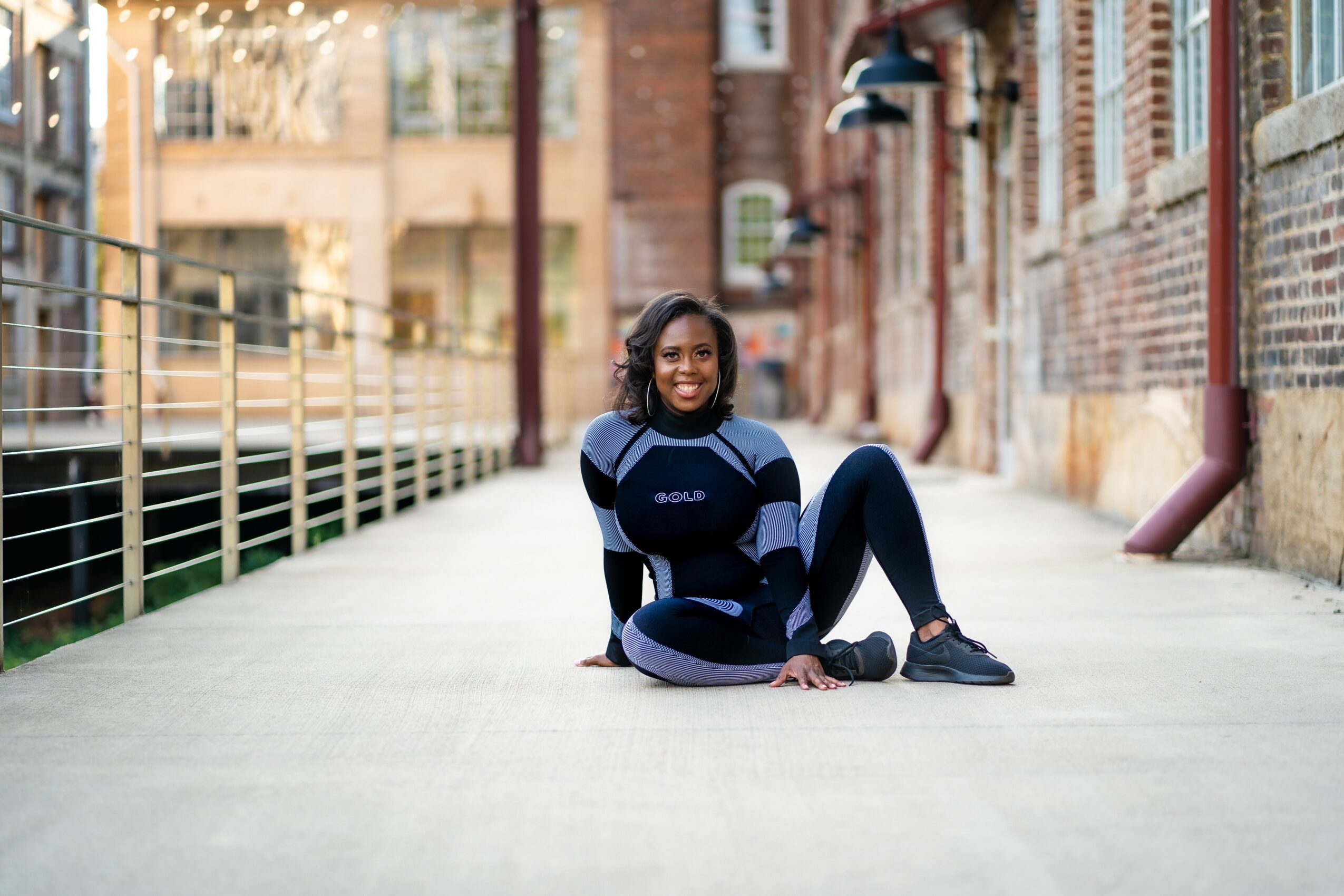
Image Credits
Shelli Craig Photography
J Hark Photography

